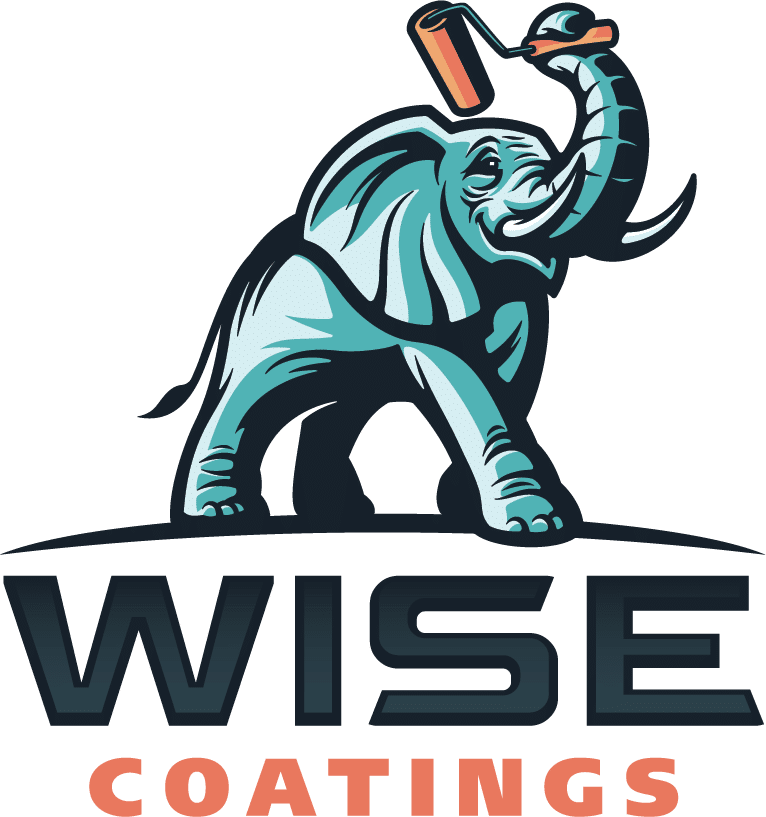A fresh floor of epoxy can transform your garage. It’s stylish, easy to clean and durable.
A quality epoxy is shock-resistant. Dropping heavy tools, machinery, or recreational gear on the floor will not damage it.
Read the specifications on any epoxy product you are considering purchasing. It will help you avoid wasting your hard-earned money. Click here for more info.
Resistant to Scratches
When you choose a professionally installed epoxy floor, you will get a durable material that is resistant to many things that can damage concrete floors. This includes impact from tools, recreational equipment, and vehicle fluids.
Epoxy flooring is created with a resin and hardener mix that creates a tough, rigid plastic coating. It is safe for homeowner garages yet strong enough to handle industrial applications.
Epoxy coatings can be applied to new or existing concrete. It works best on new concrete slabs, but most minor cracks and chips can be repaired with a patching product before applying the epoxy. Before the final coat of epoxy, the concrete needs to be roughed up with shot blasting or acid washing. This helps the coating bond well. It takes a few days for the concrete to cure before epoxy can be applied. Once the application is complete, your garage floor will be resistant to most impacts and dents. However, it may take three times longer to be ready for wheeled vehicles and heavy objects.
Resistant to Chemicals
Unlike other floor coatings, epoxy doesn’t easily absorb chemicals that can corrode concrete. If you have chemicals spilled on your garage floor, the epoxy coating creates a barrier that prevents these corrosive liquids from seeping into and damaging your concrete.
Epoxy is also resistant to shocks, heat, and impact. Heavy objects like metal wheeled tool boxes, free weights, and floor jacks can damage other flooring but will not harm your epoxy garage floor coating. This resistance is a great feature to have in a garage that is used for welding, car repairs, or other hobbies that can cause harmful materials to fall on the floor.
The shiny surface of the epoxy can also help increase visibility, especially in large garage spaces and rooms. This increased lighting will help to keep you and your family safe as you move around the space. It is important to remember that epoxy can only be applied by a professional, and it requires significant concrete preparation and smoothing to be effective.
Increases Visibility
Epoxy can be used to create a sleek, refined floor that looks like a showroom surface. It is available in a range of colors and patterns. This makes it a great option for homeowners who want to make their garage look nicer while providing a safe, durable, and chemical-resistant surface.
The shiny surfaces of epoxy floors reflect light to increase visibility within the garage space. This feature can help keep family members and workers safe by allowing them to see potential hazards that might cause them to slip and fall. In addition, epoxy can be customized with additives that provide increased traction and anti-slip properties.
Adding an epoxy floor coating is a significant investment that will add value to your home. The process is best done by a professional. This ensures the concrete is prepped properly and that the installation is precise. Hiring a professional will also minimize mistakes that an untrained DIYer might make.
Easy to Clean
The non-porous nature of epoxy makes it extremely easy to clean. Chemicals like oil, brake fluids, and even caustic car chemicals can be quickly cleaned up without worrying about damaging the concrete.
It’s important to keep in mind that the flooring must be properly prepped prior to applying the coating. If the concrete isn’t free of oils, dirt, dust, and grime, the epoxy will debond over time creating serious flaws in your floor.
To prevent this, sweep your garage floor daily and use a mop with warm water and a mild cleaning solution like an ammonia/water mix (2 ounces of ammonia to 1 gallon of warm water). Also, always wipe down your machines or vehicles after parking them in the garage so as not to leave tire marks. If tire marks do occur, saturate the area with a concrete degreaser and scrub it with a stiff brush. Then hose or rinse off the surface thoroughly with a garden hose or pressure washer, if available. Click here for the next blog post.


